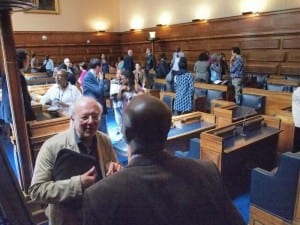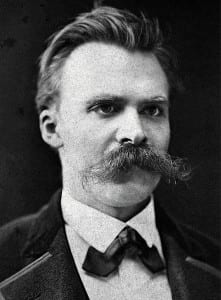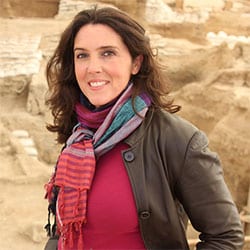UCL Festival of Culture: Me and My Selfie
By utnvlru, on 1 June 2016
 As part of the UCL Festival of Culture, Professor Lucy O’Brien (UCL Philosophy) delivered a talk entitled ‘Feeling self-conscious: Me and My Selfie’ on Friday 27th May.
As part of the UCL Festival of Culture, Professor Lucy O’Brien (UCL Philosophy) delivered a talk entitled ‘Feeling self-conscious: Me and My Selfie’ on Friday 27th May.
The title of the lecture might have implied we were going to take a look at the popular current discourse that our current obsession with taking ‘selfies’ – using smartphones to take images of ourselves to share online – is a sign that social media is damaging our psyches and turning us all into self-obsessed narcissists.
However, in her talk Professor O’Brien gave an overview of the philosophy of self-consciousness and self-image and tied this in with the implications of our use of smart phones, without making a judgement about whether or not our increasing desire to take and post images of ourselves is necessarily a negative thing.
The lecture gave us definitions of different forms of ‘self-consciousness’, such as ‘ordinary self-consciousness’ – which is being aware of oneself, perhaps if we are giving a talk or speech and people are therefore looking at us, but not necessarily in an uncomfortable or painful way.
“Human beings have different ways of being self-conscious” explained Professor O’Brien. “We can be self-conscious from the inside in an introspective way, or from the outside, aware of ourselves in an ‘objectual’ sense in relation to material things, or experience ‘interpersonal self-consciousness’ in relation to other people”.
People are of course self-conscious to different degrees – some may be more aware of themselves and how they feel others are perceiving them than others. What’s significant about the age we now live in is that “the props that enable us to become self-conscious from the outside have multiplied”.
 Close
Close




